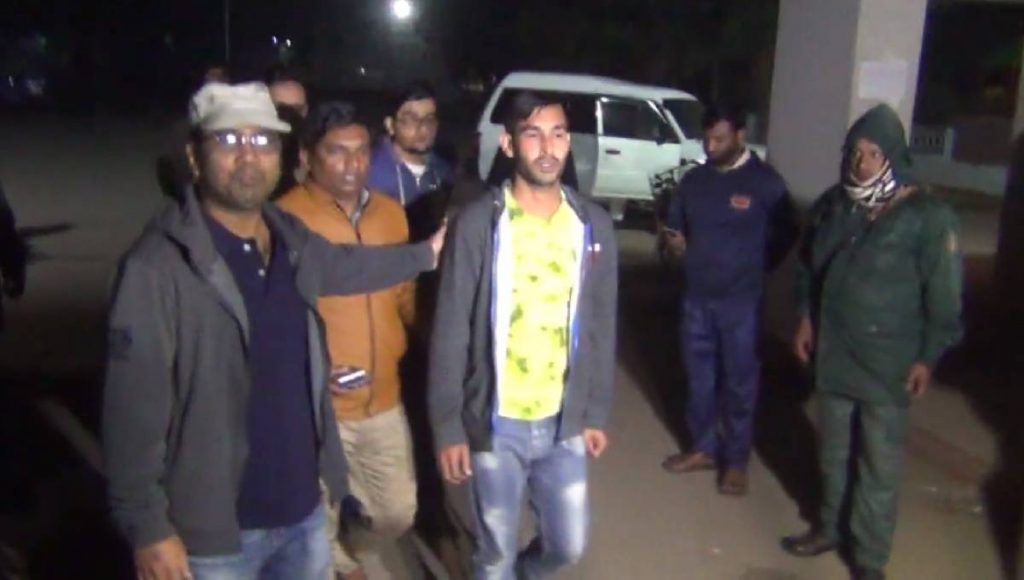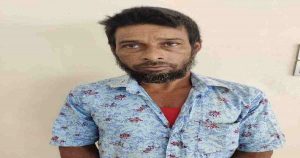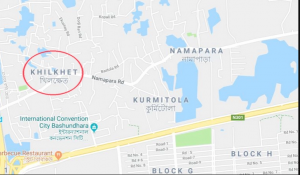Dhaka, July 11 – The Anti-Corruption Commission (ACC) on Thursday acknowledged that it was the wrong of its investigation officers who identified Jaha Alam as Abu Salek, the real accused of 26 cases on charges of misappropriating Tk 18.5 crore from Sonali Bank.
In its internal investigation report over Jaha Alam identity mess-up incident, the ACC probe body also alleged that the officers of Brac Bank and other Banks have also played role in identifying wrong persons in their bank accounts and derailing the investigation officers of the commission during the investigation of the cases filed against Abu Salek.
“After the overall
However, the investigation report said that it was the duty of the investigation officers to submit the investigation report before the court after unearthing the real facts of the incident. So, there is no scope to give responsibility
The 23-page probe report submitted the report before the HC yesterday through its lawyer Advocate Khurshid Alam Khan.
After receiving the report, the HC bench comprising Justice FRM Nazmul Ahasan and Justice KM Kamrul Kader fixed July 16 for hearing on the issue.
When asked about the ACC’s finding against Bank officials, Executive Vice President, Communications, Brac Bank Limited, told The Independent that they were not making any comment over the issue as the matter is now pending before the High Court.
“It is a sub-judice matter. We are not making any comment over the issue at this time,” he said.
In its investigation report, the commission said that the bank officials went in fields to find out the Abu Salek on fearing legal complexities. They (bank officials) brought Jaha Alam and produced before the investigation officers of the commission after identifying him as Abu Salek to avoid legal complexities. But, all the investigation officers except Selina Akhtar Moni did not
The report also suggested for
During yesterday’s proceedings, Advocate Khurshid Alam Khan, counsel for the ACC, admitted that there was a lack of coordination among all the sides in the cases.
Then the HC bench fixed July 16 for further hearing on the matter.
Earlier on June 27, the HC bench asked ACC to submit its internal probe report by July 11 on Jaha Alam saying: “We will look into who is responsible. The report is very important.”
On April 17, 2019, the High Court sought Anti-Corruption Commission’s probe report on Jaha Alam, a jute mills worker, who passed three years in jail whereas the real accused was at large, to see who were the responsible for his sufferings.
Earlier on March 5, in a
“Cases were filed against Jaha Alam on the basis of documents from Bangladesh Bank and Sonali Bank,” the commission made the observations in its report.
Jaha Alam, who was in jail for the last three years, instead of the real accused in 26 corruption cases, was released from prison on
February 4. Jaha Alam was arrested on February 6,
When the ACC sent for Salek, the summons, however, went to Jaha Alam, who in turn met officials of the corruption watchdog and insisted that he was not Salek. He also told the ACC that the photo used to open the Sonali Bank account was not his either.
However, the bank’s officials still identified him as Salek, and the jute mill worker was eventually arrested in Ghorashal following the ACC’s green light.
On May 27 of the same year, he was transferred to Dhaka Central Jail 2. Despite appearing in front of the court many times
Last year, several media reports brought the matter of Jaha Alam’s innocence to the ACC’s attention, after which it investigated the matter further. The ACC found Jaha Alam’s claims of innocence to be true.
On January 28, in a




